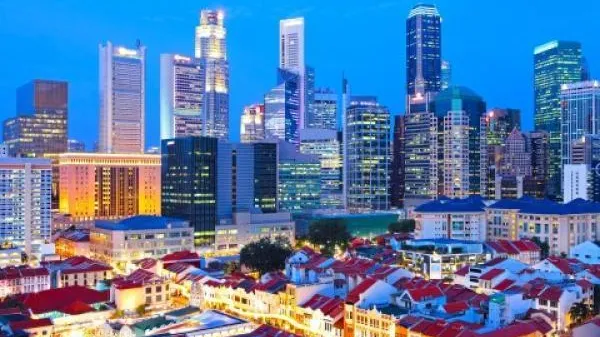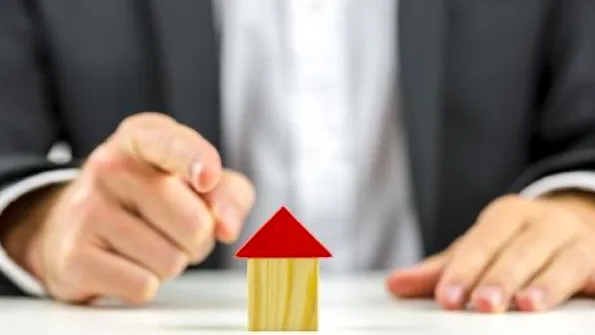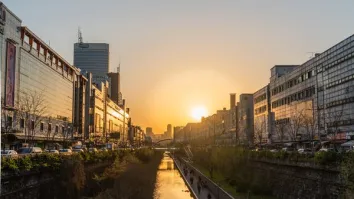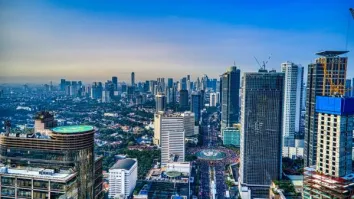
An in-depth analysis of Singapore residential demand for the past decade
Find out how the ABSD rates impacted demand from foreigners, PRs, and Singaporeans.
A recent Savills report says that on 16th December 2021, when the ABSD rate for foreign buyers of private residential property was revised from 20% to 30% and for Singapore citizens buying a second residential property, going from 17% from 12%, the faces of those who had a pecuniary interest in the market segment turned sullen.
“From developers with unsold inventory in CCR, to agents targeting foreign buyers, to collective sale hopefuls and agents attempting to convince Singaporeans that it was still financially feasible to pay more ABSD for a second property, the new rate sounded like a death knell as a major source of demand has been culled,” the analyst said.
Here’s more from Savills:
We studied the demand by foreigners, PRs and Singapore citizens for non-landed properties in the past decade for a period of 6 months running-up to the implementation of new ABSD rates (We are also using resale numbers for non-landed properties as these are unlikely to be confounded with the positive correlation between the number of new launches and new sales numbers).
The rates and dates are shown in the table below and the ABSD rates in the graphs will reference those dates.
The graph below shows the percentage of total sales to foreigners have declined in the six-month period prior to the date when ABSD was first introduced or revised. We used the period prior to an ABSD rate revision because our goal is to observe the ‘steady state’ foreign demand level after an ABSD rate change (using the period just after the adjustment throws little light on the longer-term effect(s) of the policy other than the immediate knee jerk response.
In the period June to November 2011, just before ABSD was first introduced on 8th December 2011, the percentage of foreign buyers in the CCR was 34%. As expected, the percentage fell sharply and in the 6-month period prior to its revision on 12th January 2013, it stood at 14%. However, what was surprising was that when it was raised to 15%, the percentage of foreigners increased but when it went to 20%, it declined.
We believed that the time between the revision between these two rates was around five and a half years, thereby giving more foreigners enough time to accept the add-on price of buying a private residential property here. For the period 1st January to 15th February 2022, the percentage of foreigners declined from 11% in the June-November 2021 window, to 8%. The number of units purchased by foreigners have also been falling over the decade.
Has the 30% ABSD rate effectively deterred foreigners from buying? Although the earlier sequence of 5 ppts increments appeared to have hardly any effect on reducing the percentage of sales to foreigners, could the latest 10 ppts hike be the proverbial straw that broke the camel’s back? The interesting fact was that if we pause the analysis by looking at only January 2022’s numbers, the percentage of foreigners buying in the CCR remained at 11%. However, by extending to 15th February 2022, the percentage fell to 8%. We also noticed that the number of resale transactions fell by a sharp 44% compared to December 2021 and 45% against January 2021. In January 2022, the effect of the changes that came into effect on 16th December 2021 had apparently begun to restrain foreign demand.
What about the reaction of PRs? The graph below shows that the proportion of sales has been declining ever since a 5% ABSD had been levied on their first purchase. Nevertheless, the proportion of this group is still higher than the 2011 period when there was no duty.
For Singaporeans, the percentage buying in the CCR had been increasing ever since ABSD was imposed for the second property purchase. It is only in the RCR and OCR that we saw the percentage decline when the rate was lifted to 17%. In an environment where ABSD rates are continuously being recalibrated higher, our belief is that Singapore citizens will correspondingly increase their percentage in the pool of buyers.
Also, from ground feedback, it is unlikely that the vast majority of Singapore citizens will be willing to pay 17% ABSD (or even when it was 12%) for their second private residential property purchase. This leaves them as first-time buyers and further increases to the ABSD rates for their second or more purchases would have trivial effects.
Compared to November 2021, although monthly transaction numbers across market segments in the resale market have fallen in January 2022, nonetheless, they are still higher than those recorded for January 2021.
While these initial observations have not changed our prior beliefs that the latest ABSD rate may have a significant impact on foreign buying, nevertheless, it has not changed our outlook for prices in 2022. Although the percentage of foreigners has fallen since December 2021, we believe that over time, Singapore citizens and PRs will step in to fill that gap. The desire of Singaporeans wanting to own private residential properties has not waned, and these measures could have triggered an opposite psychological reaction towards buying.
The percentage decline in Singapore citizens buying in January to 15th February 2022 is likely a case where they sit back to strategize on how to skirt over the duties. Given the sharp decline in the number of new launches in 2022 and the presence of heightened inflationary pressures, for 2022, we maintain the view that private residential property prices rise 7% YoY.



















 Advertise
Advertise





